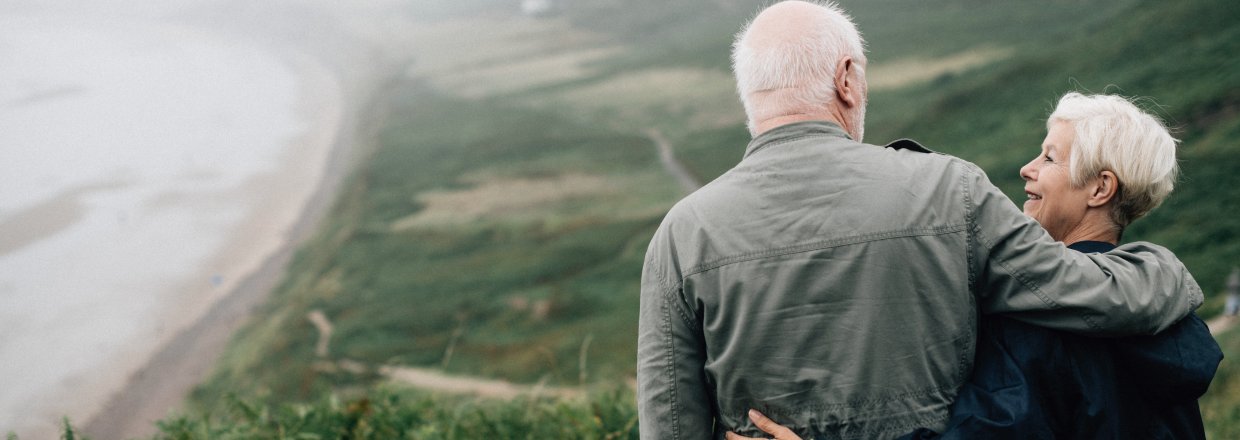If you are living with a long term condition or recovering from an injury then you are more at risk of slips, trips and falls because your body adapts and moves in new ways to cope.
Even small things like a mild sprain to your ankle from months ago or lower back pain can set you off balance. Follow these five simple steps to protect yourself:
Sensible footwear
Avoid wearing high heels, loose, backless or slip-on footwear. You should wear shoes that encase your whole foot, ideally with laces or Velcro to hold it in place.
It’s important that your footwear has a slip-resistant sole underneath and a supportive shoe bed inside (i.e. arch support and padding).
If your physiotherapist has recommended that your wear shoe orthotics then you should follow their advice and make sure that you use these when walking.
Mindful movements
If you are in pain then it is likely that you may be compensating and adjusting the biomechanics of how you move.
When walking, moving around or lifting, be mindful of your posture and move as normally as you are able to. Proper alignment of the spine and some common mistakes are shown below.
Make sure that you put your whole foot on steps and not just on the edge of the step. Avoid carrying bulky objects down the stairs that may block your vision, such as cardboard boxes.
If you have been given a walking aid, then make sure that you follow the advice of your physiotherapist or doctor and use it to get around.
Strength and balance
When you spend a long time sitting or lying down your muscles weaken. It’s important that you move as much as you can, even if the movements that you make are minimal.
If you are spending a lot of time sitting throughout the day, due to injury or for any other reason, then try doing these strength building exercises. For example, standing on one leg when you're on the phone or doing squats while brushing your teeth.
If your physiotherapist has given you personalised strength building exercises to do at home, then you should follow these instead.
Create a safe environment
Follow these simple steps to create a fall safe environment in your home:
- Clean up spills, clutter and hazards straight away
- Repair or remove tripping hazards such as rugs and draft excluders
- Don’t lean on furniture with wheels
- Light your home properly so that you can see where you are going
- Don’t be afraid to ask for help from a friend, relative or carer
- Avoid alcohol or consider reducing the amount that you drink
If you have a long term condition such as lower back pain or arthritis, then you should consider introducing aids and adaptations that can help you to move around your home. For example, rails next to the bath or equipment like booster seats for chairs.
Check yourself
If your physical strength and mobility hasn’t changed but you feel that you are falling more often than usual, it may be time to check your health and wellbeing with your GP.
Sometimes taking certain medications can affect our ability to function mentally and physically. Poor eyesight can also cause an increase in trips and falls, as it can often deteriorate slowly over time and without us noticing.
